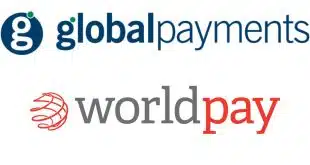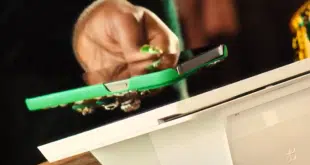A person-to-person payment pilot based on mobile phones, launched on Tuesday by Citigroup Inc. and Obopay Inc., will become a commercial service in the U.S. next year if goals concerning user counts and transaction volumes are met, says a Citi executive. The pilot, which follows a trial the two companies ran together in certain U.S. markets last year, is the first mobile P-to-P payment service with direct connections to consumer checking accounts. “We're looking to learn quite a bit [from the pilot], finalize commercialization, and roll it out in '09,” says Dion Lisle, a senior vice president at Citi Innovation. “I'm cautiously optimistic this is a service Citi customers will enjoy.” Lisle says Citi has set thresholds for number of users and user transactions the pilot is expected to meet. Once these thresholds are crossed, he says, “that'll open the floodgates for commercialization.” He won't reveal these numbers but estimates it will take anywhere from four to six months to reach them. If that holds true, a commercial service could be under way as early as February. “If we're not able to meet [the goals in that time], then I'd be concerned about our marketing messages and our uptake,” he notes. The pilot is open to any Citi account holder but will be promoted to customers in Boston, Chicago, Maryland, Philadelphia, and New Jersey. Citi customers will use Obopay, a mobile-payments processor based in Redwood City, Calif., to send funds to any other individual with a cell-phone number. Unlike the trial, which relied on funds movement among prepaid accounts, the pilot features a direct connection from the Obopay platform to individual Citi demand-deposit accounts through Citishare, a switch Citi has long used to process ATM transactions. “This is the first time mobile payments have been offered directly linked to a checking account,” says Gregory Holmes, president of Obopay U.S. “What may have been forecast in the past is now here.” With this link, the bank can authorize or deny transfers based on real-time knowledge of the current balance. When one Citi customer pays another, the bank can move funds out of one account and into the other almost immediately. Payment to a non-Citi customer is held in a Citi treasury account, where the receiver can access it through Obopay. For an Obopay customer who is not a Citi customer, the funds flow into his Obopay account, Holmes says. Payees receive a text message telling them another person has sent them money and giving them a URL where they can register for the Citi-Obopay service. Citi is charging senders 25 cents per transaction for the pilot, though Lisle notes the pricing could change with a commercial launch. From these fees, Citi is paying Obopay's transaction levies. The target demographic, Lisle says, is a young family comfortable with using mobile devices but not as attached to using a checkbook. “People in America are starting to use the phone for a lot more things,” he notes, and might be open to the idea of using a handset to pay a local soccer coach and make other payments traditionally handled by checks. Two additional measures Citi will be watching during the pilot are average tickets and the extent to which the service reaches people who are new to both Citi and Obopay. “We want to see if people see this as a micropayment tool or like a checking account” where transactions might hit $300 or so in size, Lisle says. The pull on non-customers, he says, is part of the “viral reach” he hopes the service will have for Citi.
Check Also
Fiserv Teams With Klarna to Offer Installments Through Clover Devices
In a dual announcement, Fiserv Inc. and Klarna AB said late Tuesday they plan to …





